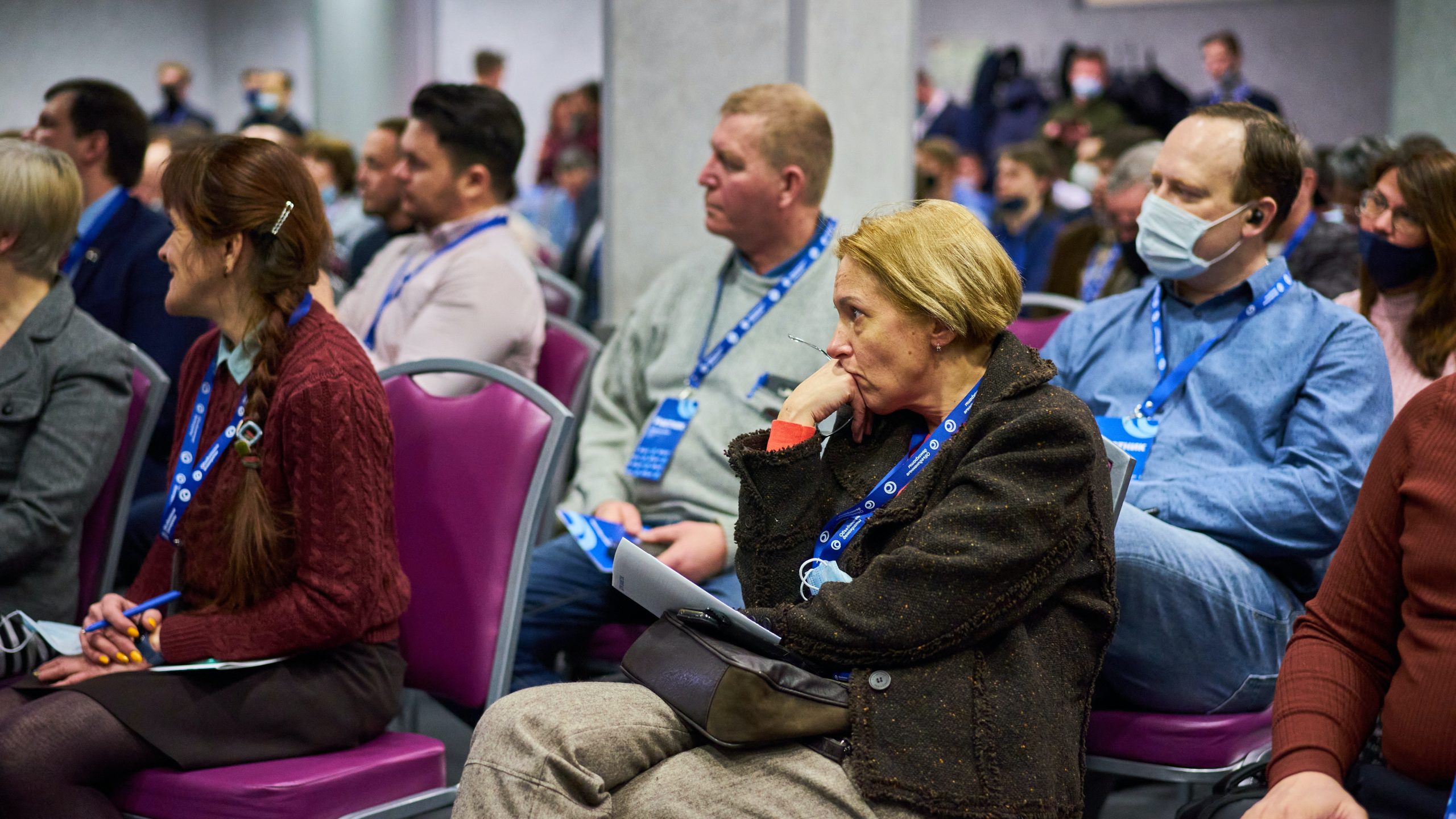
City councils, general or regional councils, and various local government institutions must address the ever-increasing demands of citizens on a daily basis. Especially in the wake of a global health crisis, people depend more than ever on the good governance of their communities for their health, safety, and well-being.
But how exactly can local councils better meet the expectations of their constituents when they’re so often overwhelmed and overworked?
The answer isn’t simple. But the bottom line is that municipalities, departments, regions, and counties must work to enhance their reactiveness as well as the quality of their services in order to keep up with changing times and rising expectations.
Imagine if local districts could offer efficient services that allowed their constituents to easily find answers to questions, submit inquiries, air grievances, and receive support all in the same place?
Modern CRM services offer enhanced customisations that allow adopters to integrate with existing services and fully tailor them to their exact needs. CRMs designed for local government usage offer a range of services that are simple to implement, such as e-administration, teleservices, automated processes for requests, a knowledge base, citizen portals, mobility, and more.
But before we get into the solutions, let’s take a look at the common challenges facing these institutions.
Recent years have brought incredible change, with technology fundamentally transforming societies, economies, and ways of doing business. While businesses have an easier time finding it in their fiscal best interest to adapt, it’s much more difficult for government institutions to pull the trigger on decisions such as this.
As opposed to simply concerning themselves with profit and ROI, government, and especially local government, must drive inclusive growth that’s centered on the well-being of citizens. They must answer to central institutions while also devolving power and accommodating local needs. Finally, they have to keep sight of the long-term in a world driven by short-termism and populism, a concept difficult for many to realise.
Delivering quality services requires motivated staff, and staff motivation arises from values and accountability, which are grounded in wider political, administrative, and social rules, practices, and relationships.
Providing high-quality services is hard, especially when so many local service institutions are running with antiquated processes and severely underfunded programs.
Governments can only be effective if the people in government – the civil servants – are motivated and able to implement policy and services well. This requires them to be paid fair wages and be made to feel like they’re appreciated and not just cogs in the wheels of an ineffective or outdated system.
Unfortunately, government organisations (especially local ones) aren’t the best at modernising and optimising their workflows, often leading to unhappy and demotivated civil servants – a viscious cycle.
Have you ever had an important query or concern, only to be faced with a phone number to call that no one answers or doesn’t seem to be in service? As most businesses have discovered, it doesn’t always require a live human to solved a query, which has resulted in the development of rather sophisticated chatbots and other automated services.
Government services are much slower and more hesitant in implementing such services – likely with concern to cost, effectiveness, and public opinion.

Apps, online communities, cloud services, and mobile devices are the foundation for a digital future. Implementing a citizen-centric digital platform is essential in transforming for the future, and a CRM is just the tool.
How can CRMs help with the aforementioned challenges, and how can they be specifically customised for the use of local government?
CRM solutions for local government enable the adopter to centralise all user requests (information, requests, reports) in one single CRM database, whatever the channel used (in person, phone, mail, or digital). These requests are then passed on to the appropriate department. Replies to these requests follow your pre-defined validation workflow until they are signed or sent.
Key features include interaction logs, document templates, and reporting elements, all which allow for the ease of support and service of constituents and government employees.
Government institutions continue to use antiquated communication tools that greatly slow down their processes. Instead of emailing a query to a manager, a CRM allows for an agent to message them within a secure system and get a response while a caller is still on the line.
For programs such as adult and social services, this type of communication would be transformative. Mobile CRM applications allow for staff to work and collaborate remotely and better carry out their duties while they’re out in the community.
As well as freeing up staff to spend more time on front line services, this new approach enables managers to step in and provide on-the-spot support and advice to the likes of social workers or local representatives.
The marketing hubs within several different CRM services allow for improved communication with customers, or in this case, citizens. For example, campaigns can be initiated to reach out out to thousands of people within just a few clicks, and social listening can be utilised to see what issues are trending among local citizens and businesses, allowing for more timely responses.
Digital self-service options for common queries are possible, which means a faster response for citizens and lower costs for councils.
This technology has the potential to redefine how local government operates and engages with citizens by helping them deliver more efficient and cost-effective services that improve the quality of life for everyone in the community.
CRM reporting solutions for local government can provide a better understanding of citizens and facilitate the operation of teleservices and e-government.
The overall objective is to optimise the actions taken by local government institutions and civil servants. CRMs can automatically calculate and analyse important data, such as requests by the district, turnaround times for such requests or queries, number of pending reports, and more.
Local government institutions need radical change at the front line as well as the back office if they want to deliver better services for the community. Digitalisation will help them tackle this, and a CRM is the heart of the solution.
A CRM will allow districts to seamlessly connect their staff members, community members, and information via a core platform that supports multiple engagement channels – a total game changer for everyone.
Check out how Salesforce specifically helped a local city council achieve all of their digital ambitions here.
Want to receive any more information on the types of CRM solutions out there? Get in touch via the form below!